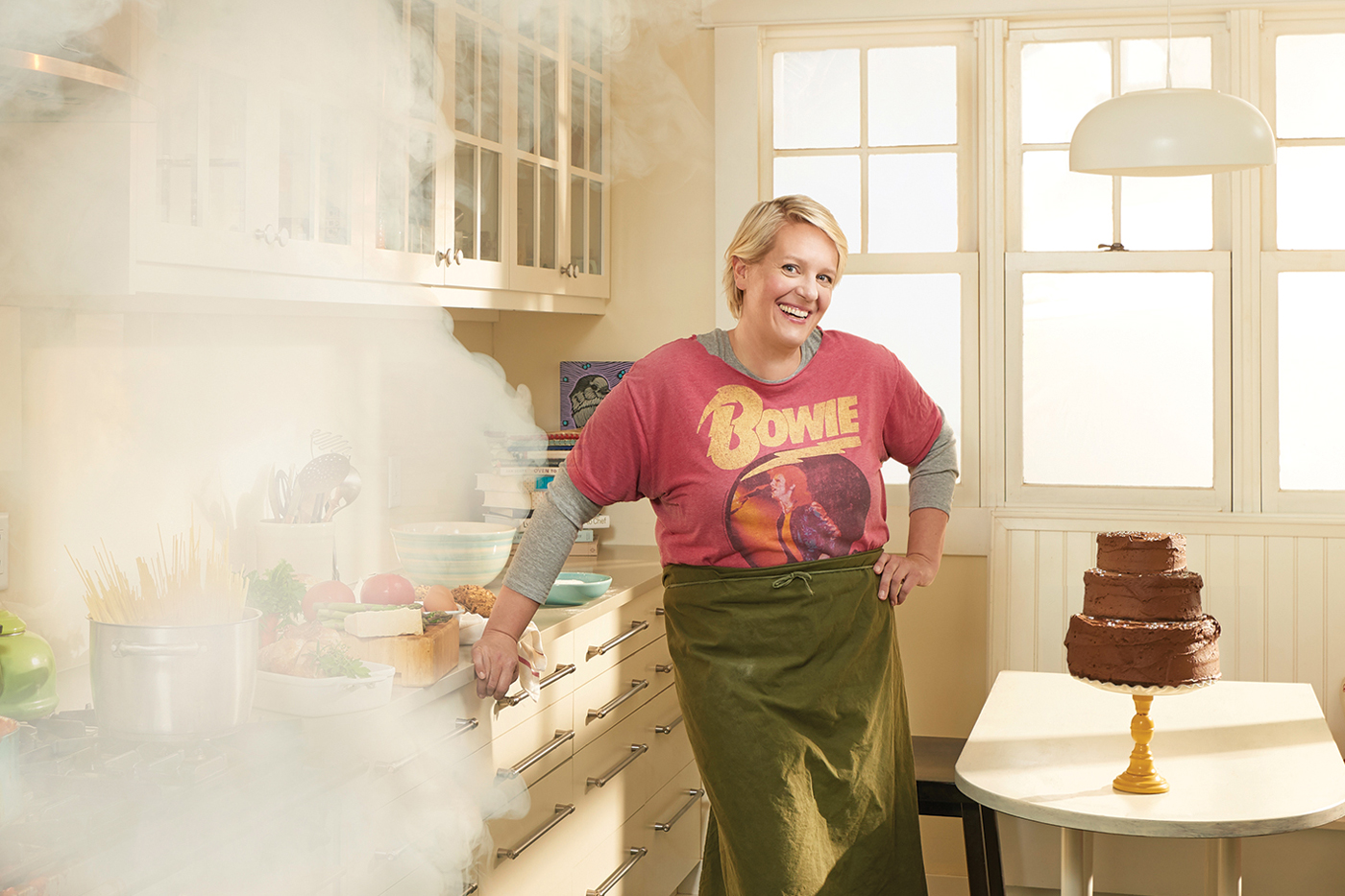Julie Van Rosendaal has published 11 cookbooks. She is comfortable at her writing desk, in her kitchen, teaching a cooking class or talking about food on CBC Radio, but she’d be uncomfortable doing so under the title of chef.
“Some people call me a chef and I try and correct them, because I feel like that’s a different thing,” she says. “To be called a chef insinuates that you’ve gone to culinary school and that you work in restaurants, and that’s not what I do.”
She comfortably calls herself a home cook, one who is constantly researching, learning, experimenting and butting into other people’s kitchens. “I’ve always had a stack of cookbooks beside my bed, and I still do. When I was a kid, when I babysat, I would go through people’s cookbook collections and recipe boxes to see what they cooked. I’ve just always been interested in the culture of home food cooking, because it’s such a big part of our lives.”
Her topics vary — one book has recipes alongside the full text of the original Alice’s Adventures in Wonderland, one is full of snack recipes for dogs, one is how to make low-fat cookies — but they all have one thing in common: accessibility. “There are so many beautiful cookbooks, but I feel like a lot of them are aspirational. I want my readers to feel like we’re on the same playing field, that they won’t have to search for ingredients or go through 10 steps to make a dish.”
Her new book, Dirty Food: Sticky, Saucy, Gooey, Crumbly, Messy Shareable Food, is on-brand attainable, and celebrates the tactile, child-like love of meals that require a good hand rinsing once consumed. But it also makes a statement, or at least pushes back against the deluge of “clean” cookbooks that have drowned the market in recent years (#cleaneating has been used over 43 million times on Instagram). “I have a long history of struggling with my weight, and this whole trend toward clean eating was really frustrating me,” she says. “It feels a lot like food shaming, to suggest that there’s a morally superior way of eating, because it relies on the existence of the opposite and it applies not just to the food, but to the person eating it.”
